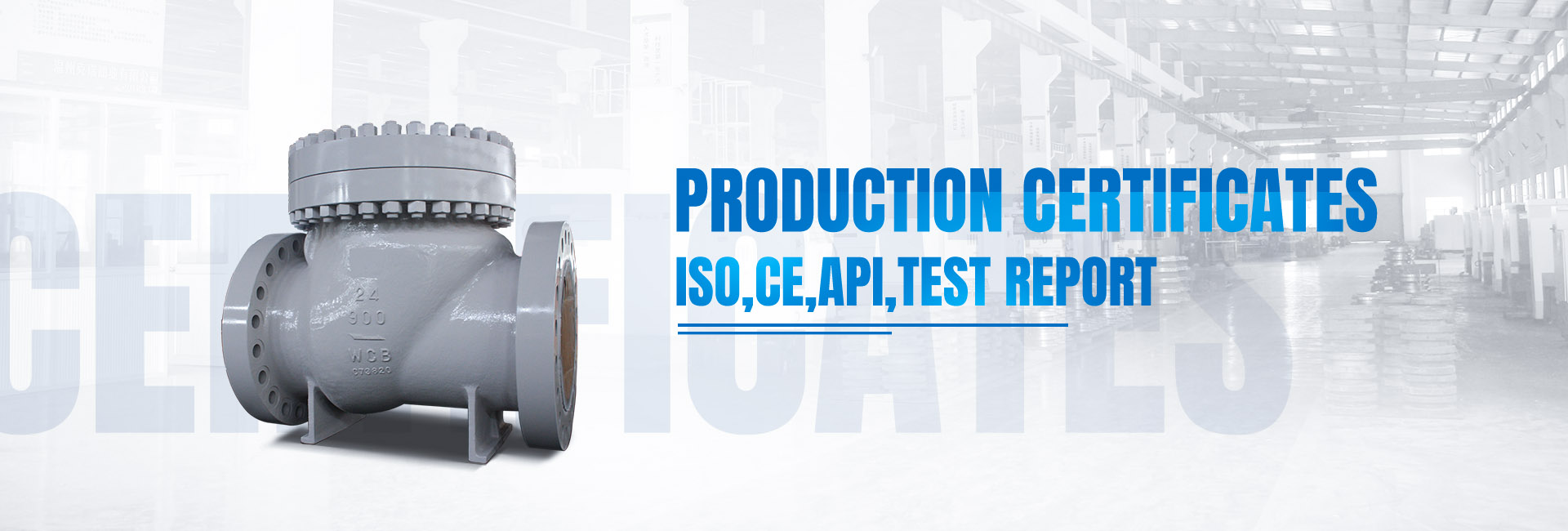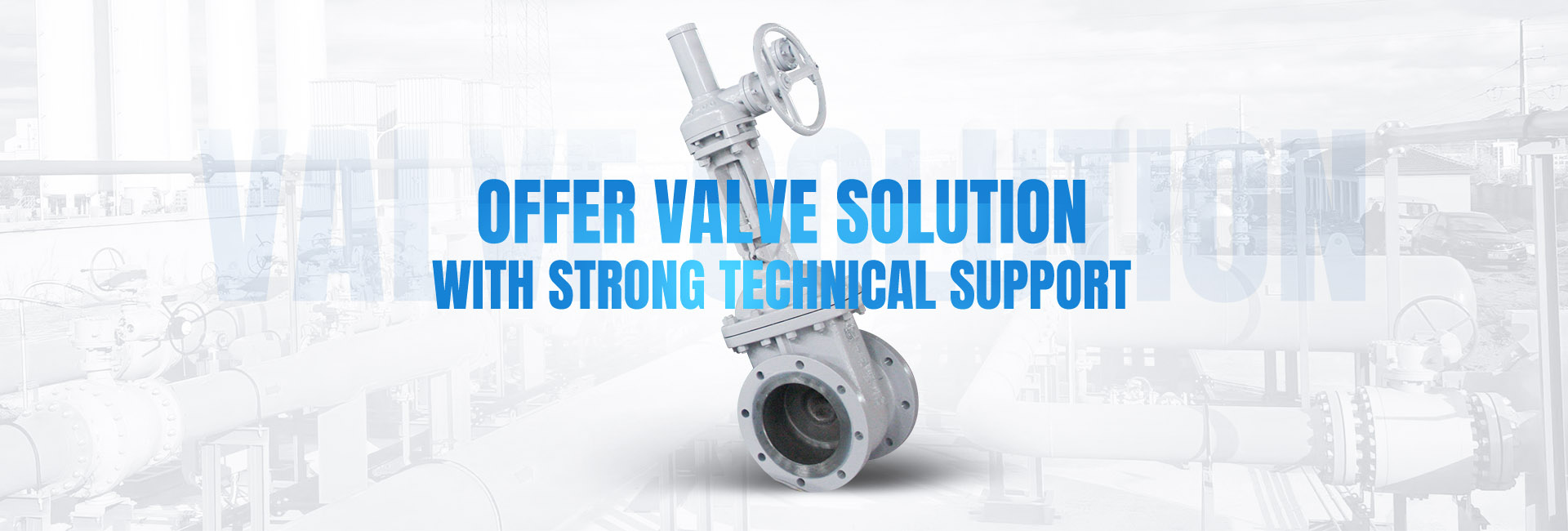Driven by industrialization, valve castings continue to open up the market. With the development of valve manufacturing technology, the application fields of valve castings are also expanding. However, due to the particularity of valve castings, many people will find that valve castings are blackened during use. What is the reason for this?
Unreasonable Process Design
In the process of cleaning valve castings, if the staff does not handle it properly during cleaning or pressure inspection, it is likely to cause moldy and blackening of the castings, accelerate the formation of mildew, and seriously affect the surface appearance of valve castings.
Effects of Cleaning Agents
When cleaning castings, if the selected cleaning agent is strongly corrosive, the cleaning agent will have a strong chemical reaction with the castings, and may also cause corrosion and oxidation of the castings, resulting in the blackening of the valve castings.
Improper cleaning of castings
The cleanliness of the casting also affects the surface gloss of the valve casting. In actual production, many foundries basically do not do cleaning work when processing castings, or simply wash with water, which cannot achieve the effect of cleaning the surface of castings. Not only that, if there are corrosive substances such as cutting fluid and saponification fluid or other stains left on the surface of the valve casting, it will also accelerate the rate of mold growth and blackening of the casting.
Influence of external environment
The influence of the external environment cannot be ignored. After the finished castings are completed, the warehouse management must be strictly managed. In order to prevent mold and oxidation of valve castings, foundries must ensure that the temperature and humidity of the warehouse are within the specified range. Different temperatures and humidity will cause the valve castings to be blackened differently, which should be analyzed on a case-by-case basis.
The blackening of valve castings is generally caused by oxidation problems, so special attention should be paid to oxidation prevention in the production process. A detailed overall solution should be carefully formulated in terms of cleaning, die casting, storage and transportation, so as to ensure the quality of valve castings.
Residual corrosive substances such as cutting fluid and saponification fluid or other stains will also accelerate the rate of mold growth and blackening of castings.
Post time: Dec-12-2022



